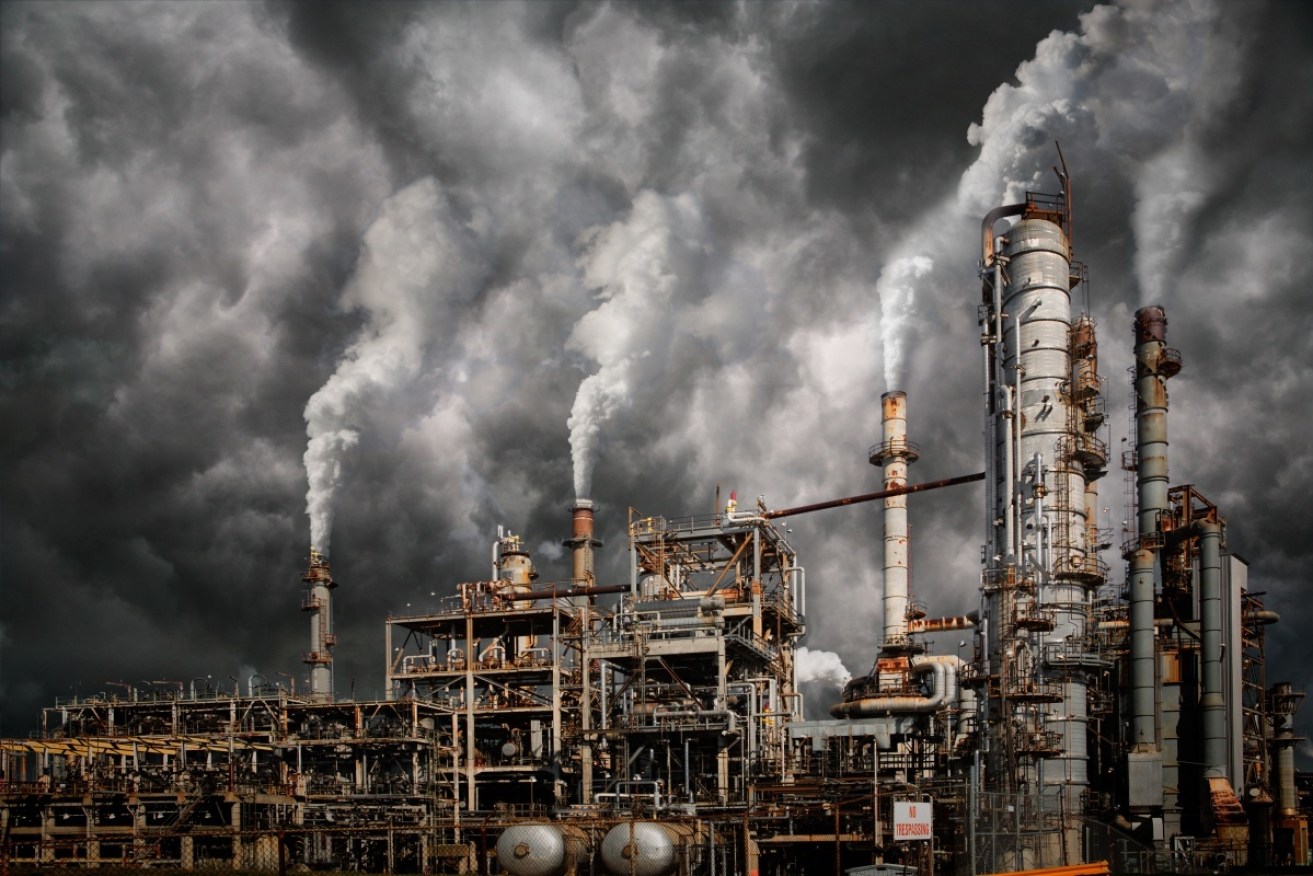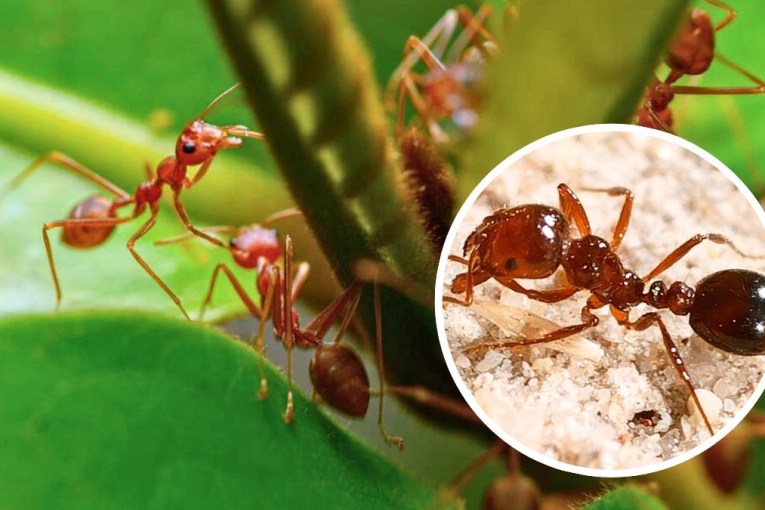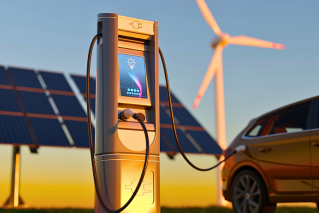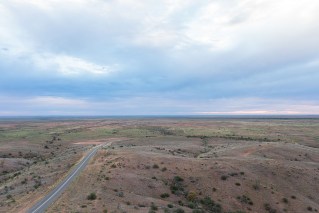How the coronavirus could save Australia from climate change, or make it worse


Coronavirus may give the world a chance to tackle meaningful climate change reforms. Photo: Getty
As the world remains in a coronavirus-induced lockdown, it’s becoming obvious there’s one upside to the decreased use of transport and industry – blue skies as pollution clears and carbon emissions stall.
What is yet to become clear is whether this temporary halt to polluting economic activity will merely be ramped up again when the crisis is over.
Given the experience of the pandemic, kicking the crisis climate down the road may no longer be an option now communities have seen how quickly and effectively governments can act if there is political will.
Climate scientists and environmental campaigners now say the world has a chance to effectively kill two birds with one stone and tackle climate policies as part of the global reconstruction of the economy.

Wind farms and other renewable energy projects could get a cornavirus boost. Photo: Getty
John Hewson, the former Liberal Party leader turned honorary professor at the ANU’s Crawford School of Public Policy has argued that the pandemic actually makes it more urgent to tackle the transition to a new economy.
Dr Hewson told The New Daily that widespread reduction in air travel and remote office work via the internet has made it more likely these efficiencies will be baked into the new economy.
“That will change a lot of things,” Dr Hewson said.
“And I suppose exposes us to another risk that if new, the net goes down … but you can see the changes that are taking place.”
He says infrastructure projects in renewables, electric vehicles and finishing the NBN could be the starting point to kickstart a new era.
“The economy was actually quite weak and weakening with a lot of structural issues. So in that context, you got to start thinking longer term strategically about where we are.
Where do we want this country to be in 10 or 15 years? What can we do to get it there or can we start today?
“That will mean we’ll build up some new industries, new jobs, new growth, that sort of thing. And that’s the thinking that’s going to start to take place.
“In the climate area, when we’ve got the potential to be a major exporter of power, for example, those sort of big projects that people want to get under way are significant, although we have the technology of the sun and wind and the technology to store it, distribute it better than anywhere else in the world.
We just never really developed it because we’ve been spending all our time … scoring points with each other in the climate wars.’’
China, in particular, has been a focus of recent scientific investigation on the effects of the pandemic on the environment.
Data appears to show transport and factory CO2 emissions have dropped by at least 25 per cent there since the beginning of March.
The result is clearer skies and an acknowledgement that quality of life can be improved by reducing emissions.
Reduced coal use is the key to the reductions, something that should be obvious to governments around the world that insist on promoting new coal-fired power stations.
The air pollution research organisation Centre for Research on Energy and Clean Air has said that China’s reduced output is the equivalent of taking 200 million tonnes of carbon dioxide – or more than half the entire annual emissions output of the UK – out of the environment.
“We would very much advocate for China to foster this opportunity to transform its economy, to break apart from the old,” Li Shuo, a senior climate policy adviser for Greenpeace East Asia, told CNN.
Other activists have also noted that while the cumulative effects of years of pollution cannot be dealt with in a short timeframe, there is clear evidence society can still function without the massive emissions we’ve seen in the past.
Tweet from @KHayhoe
The International Energy Agency says clean energy should be “at the heart of International stimulus plans”.
It says hydrogen and carbon-capture also need major investment to bring them to scale, which could be helped by the low interest rates.
Governments have also been urged to use coronavirus stimulus packages to train workers for “green” economy jobs, and tackle gaps in healthcare, sanitation, aged care, food security and education.
But while there are opportunities there are also dangers, with lower oil prices making renewable source of energy less competitive and the China shutdown leading to a shortage of parts for renewable energy systems.
Greenpeace is also warning that fossil fuel producers are trying to use the coronavirus crisis to weaken anti-pollution laws.
Tweet from @Greenpeace
The concern is that nations will just focus on restarting their economies, going back to business as usual at the expense of the environment.
Dr Hewson also sees this danger in Australia, despite a summer of drought and bushfires, followed by news this week of yet another devastating bleaching event on the Great Barrier Reef.
He says it it is vital the government puts aside ideological battles to give Australia a chance at avoiding another, even greater, climate crisis.
“What needs to be done to facilitate the transition to renewables … in transport, to electrical autonomous vehicles in some specific areas like waste and fuels, fuel security, specific issues that are really hitting them hard right now,” Dr Hewson said.
Tweet from @zalisteggall
“Go to agriculture, look at the possibilities for regenerative agriculture, all on the basis of proven science.
“Proven technology just had never been encouraged or done. Go to buildings, green buildings, industrial processes. You go sector by sector.
“Look at what should be the transition to get us to this low-carbon objective [this] century and start to put in place framework that will do that.”








